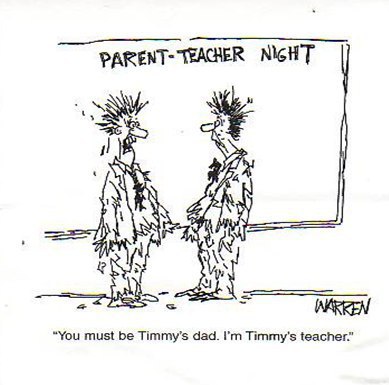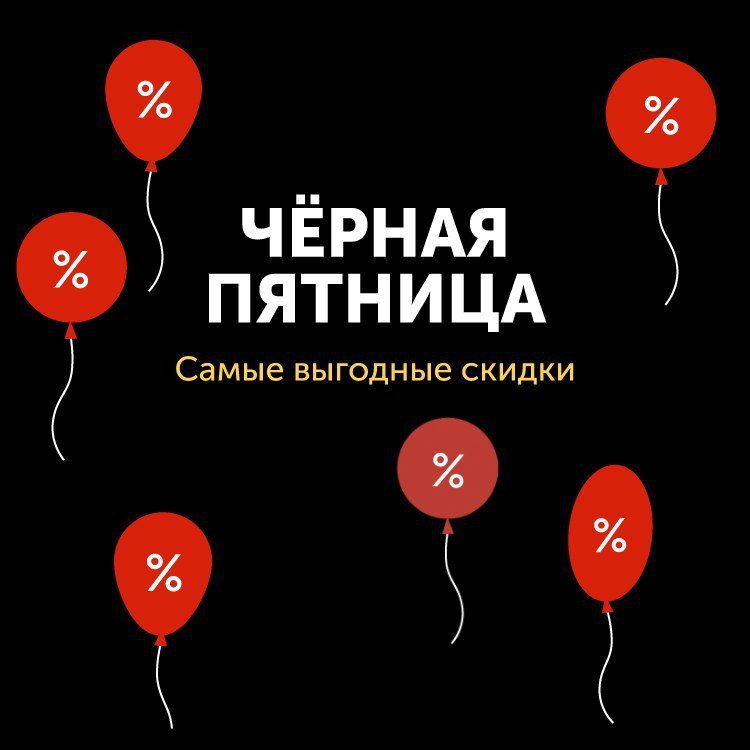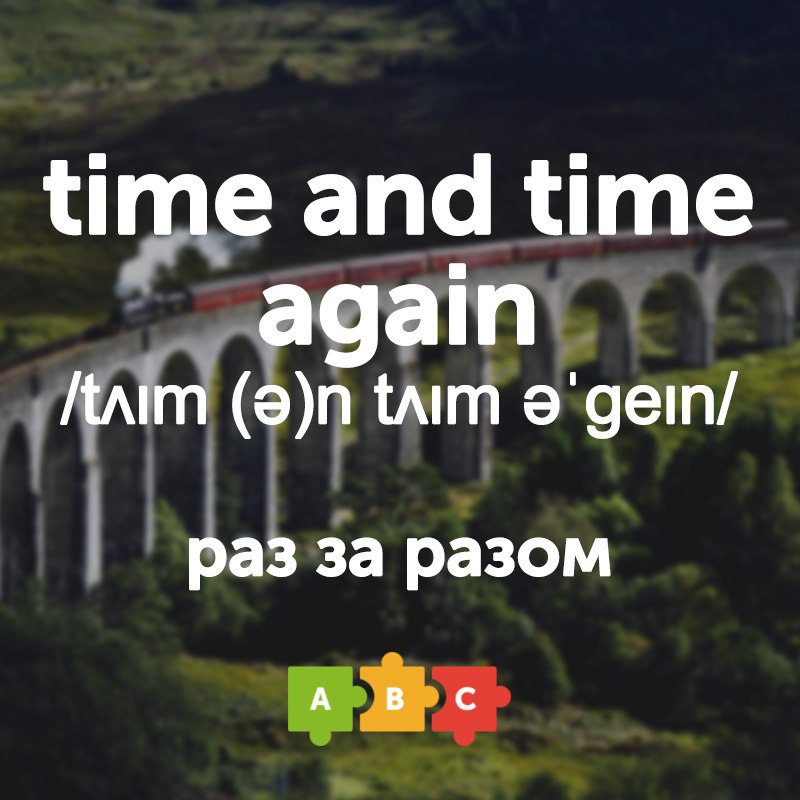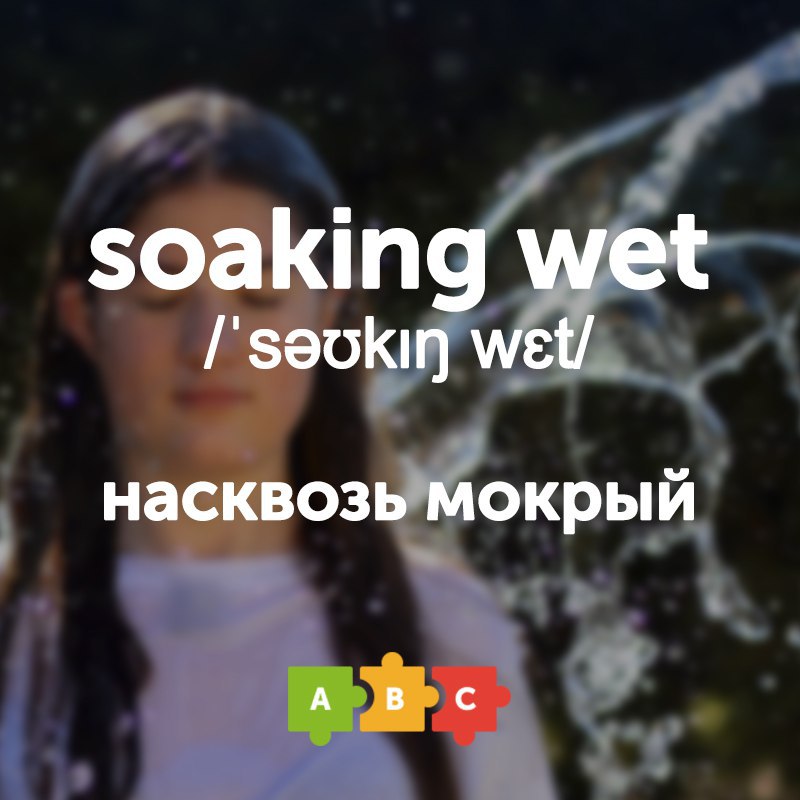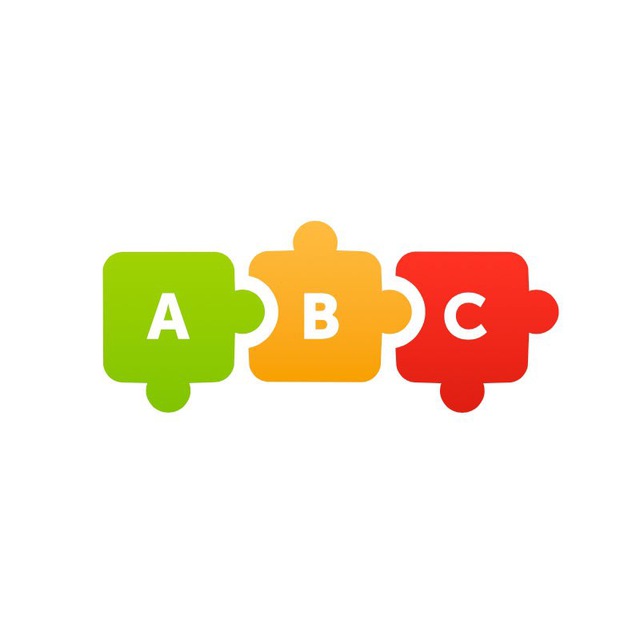
Все заплатили налоги? Сегодня поговорим о них по-английски, а потом обсудим отрицательные приставки.
#reading
Надо ли брать с богатых более высокий налог?
Население стареет, спрос на госуслуги и их качество растёт. Где же государству брать денежки на их развитие? Есть один способ…
Слова, которые вам, возможно, пригодятся:
to afford — иметь средства на
a consequence — последствие
consumption — потребление
corporation tax — налог на прибыль организаций
to depend — рассчитывать
evidence — доказательства
feel the pinch — находиться в затруднительном положении
a homeowner — домовладелец
income — доход
to increase — увеличиваться
land value tax — налог на стоимость земельных участков
partly — отчасти
pressure — давление
property tax — налог на недвижимость
to rise — возрастать
sales tax — налог с продаж
value-added tax — налог на добавленную стоимость
wealth — богатство
Everyone depends on hospitals, roads, police and schools, but they're expensive, and governments across the world are feeling the pinch.
So, how can we continue in the future to afford good quality public services? Why has pressure on public services increased?
Populations are ageing. As the number of retirees grows, working people are gonna have to pay more taxes to support them. And as healthcare technology improves, the cost of healthcare is also going to rise.
But where to find the cash?
Basically, governments can tax three things: income, consumption or wealth. It's not your imagination. Income taxes really have been increasing over the past fifty years. The evidence shows that taxes on income, including corporation tax, discourage people from working. Countries with low income taxes, such as the UK, tend to have stronger economic growth.
Second, consumption. This is things like sales tax in America or value-added tax on purchases in Europe.
One problem with consumption taxes is that they hit poor people hardest who spend more of their income on day-to-day expenses.
Third, we have wealth taxes.
This could be a better idea than taxing income or consumption. This is partly because it places a higher levy on the things that rich people have, such as property and investments.
Some economists advocate something called a land value tax, and this is basically where you tax the value of plots of land, and this can raise a lot of money. A land value tax has very few unintentional bad consequences.
The problem is that taxing wealth is not politically easy. Homeowners, for instance, are gonna be furious if they're asked to pay higher property taxes, but if people want good government services, it's gonna need money.
Taxes on wealth are always unpopular, but sooner or later, governments are going to have to bite the bullet.
#listening
Тренировка английского на слух
Послушать это полотно и собрать его на слух нужно тут: https://goo.gl/8abk2c
#grammar
Отрицательные приставки
Приставки или префиксы — части слова, которые добавляются в самом начале и меняют его смысл. Отрицательные приставки в английском языке отрицают значение основы или делают его противоположным.
▪️ Некоторые слова с приставкой UN–
unhappy, unknown, untidy, uncomfortable, unreliable, unreasonable, unprofessional, unexpected, unfortunately, ungradable, untrustworthy и др.
▪️ Некоторые слова с приставкой DIS–
dishonest, disagree, disadvantage, disorganised, disheartening, discomfort, disrespectful, disregard, disbelief, disorder и др.
▪️ Некоторые слова с приставкой IN– (IL–, IM–, IR–)
independence, incorrect, injustice, incapable, inactive, inaccurate, informal, illegal, illogic, illiterate, immature, improbable, impolite, impossible, impersonal, irregular, irrelevant, irresponsible, irreplaceable и др.
▪️ Некоторые слова с приставкой MIS–
misunderstand, mispronounce, misplace, misguide, misleading, misdial, misfunctional и др.
▪️ Некоторые слова с приставкой NON–
non-fiction, nonexistent, nonsense, nonprofit, nonqualified, non-smoking, non-alcoholic и др.
Проверить себя на знание приставок можно тут: https://goo.gl/AZ63bS











